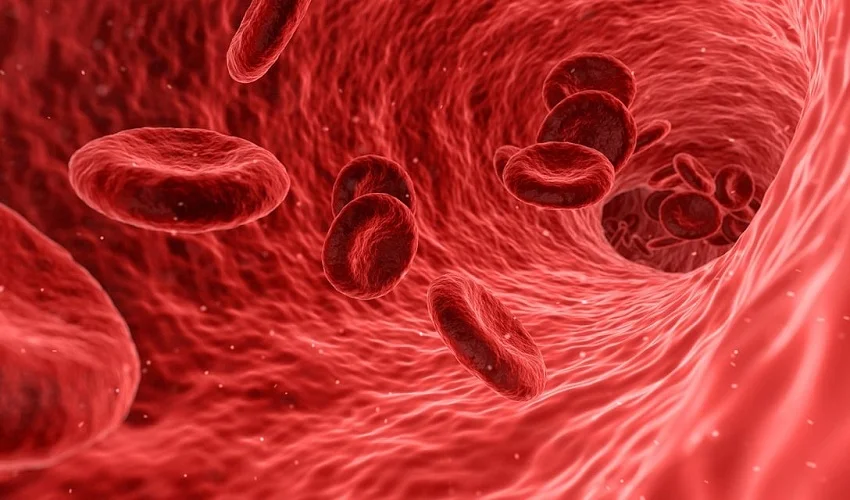A meal plan is your guide for when, what, and how much to eat to get the nutrition you need while keeping your blood sugar levels in your target range. A good meal plan will consider your goals, tastes, and lifestyle, as well as any medicines you’re taking.
Carbohydrates in the food you eat raise your blood sugar levels. How fast carbs raise your blood sugar depends on what the food is and what you eat with it. For example, drinking fruit juice raises blood sugar faster than eating whole fruit. Eating carbs with foods that have protein, fat, or fiber slows down how quickly your blood sugar rises.
You’ll want to plan for regular, balanced meals to avoid high or low blood sugar levels. Eating about the same amount of carbs at each meal can be helpful. Counting carbs and using the plate method are two common tools that can make planning meals easier too.




